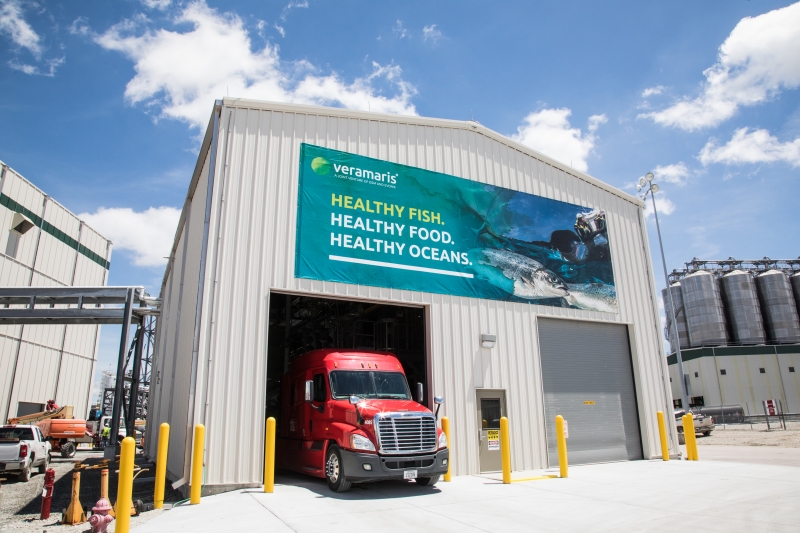Calysta announced a $30 million investment from BP Ventures to support a worldwide rollout of Calysta’s FeedKind® protein, which is already being produced from the company’s Market Introduction Facility (MIF) in Teesside, England. The investment will help Calysta expand production of its sustainable single-cell protein, which is produced through a proprietary, commercially-validated gas fermentation process using naturally occurring, non-GM microbes with the unique ability to use methane as their energy source.
“The problems facing our food production supply chains have never been more clear, with increasing evidence that land and water scarcity are key challenges to meeting future demand for protein. FeedKind makes more from less, producing feed for livestock, fish and pets while making smarter use of our resources.”
The investment agreement will also see BP and Calysta establish a strategic partnership around gas and power supply.
As the global population grows from 7 billion in 2010 to a projected 9.8 billion in 2050, and incomes grow across the developing world, overall food demand is on course to increase by more than 50 percent, and demand for animal-based foods by nearly 70 percent. FeedKind protein can reportedly help achieve a sustainable food future by meeting the growing demands for food while avoiding deforestation and allowing the restoration of abandoned and unproductive land.
David Hayes, Senior Principal, BP Ventures will be taking up a director seat on the board of Calysta.
Veramaris also announced last week its formal opening of the company’s new $200 million Blair, Nebraska, facility, that will produce EPA & DHA omega-3 algal oil for the aquaculture market. The facility uses the algae strain Schizochytrium ssp. which is said to be both rich in EPA and DHA. The levels of EPA and DHA omega-3 in farmed salmon have reportedly declined significantly over the past 10 years. Veramaris (a joint venture between DSM and Evonik) will reportedly meet around 15% of the entire salmon farming industry’s annual demand for EPA and DHA. Veramaris’ production capacity is equivalent to 1.2 million tons of wild-catch fish.
The Veramaris algal oil is said to be free from sea-borne contaminants. Next step is ramp up for full production.

At BIO World Congress held in Iowa last week, gene-edited products in food and agriculture were the focus of discussion in several plenary sessions. Here is an interesting article from Progressive Farmer DTN covering the highlights of this discussion at BIO World Congress. In January, BIO and the American Seed Trade Association (ASTA) launched Innovature.com to cultivate conversation around gene editing and to better understand the positive impacts of gene editing and other food and agriculture innovations on society.
Alternative protein companies such as Impossible Foods, Beyond Meat, Spero Foods and New Age Meats were the center of attention at BIO as consumer demand (especially in the US) seem to be more accepting of lab-grown meat, protein, dairy and eggs as long as they taste the same and prices are affordable. Beyond Meat Inc. went public in March and its shares have soared reaching six times the level of its IPO with market capitalization now around $10 billion. Impossible Foods have raised more than a total of $750 million since its last round of fundraising.
BIO noted that Spero Foods is creating plant-based products that are re-inventing dairy and eggs while New Age Meats is making meat from animal cells. Here is an article reporting several other start-up companies going into the alternative protein market in the food sector.




